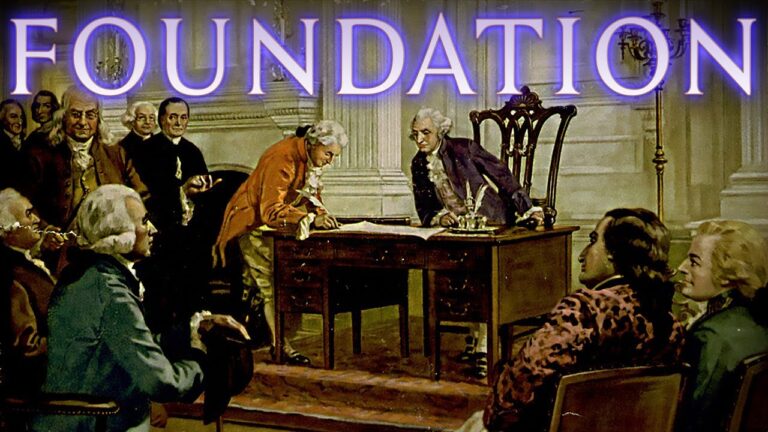“Unlocking Humanity: The Surprising Secret Behind What Makes Us Truly Human”
You might then at this point wonder how Massachusetts could be a state with slavery yet, once approved, had this in their constitution. Well, several slaves would almost immediately wonder the same thing- most famously in the case of Mum Bett, a slave of one John Ashley in Sheffield Massachusetts. Bett, represented by one Theodore Sedwick, after hearing the shiny new Massachusetts Constitution read, claimed in court that her status as a slave was, thus, unconstitutional in Massachusetts. After all, it quite literally leads off with- “All men are born free and equal.”
The case was heard in August 1781, and a jury agreed that the Massachusetts Constitution did indeed now make slavery illegal in the state, and Mum Bett was, thus, freed. She then changed her name to Elizabeth Freeman, and became a housekeeper in her lawyer’s family household. As for her lawyer, Thoedore Sedgewick, he would go on to rise to the Supreme Judicial Court in Massachusetts.
Later cases in the state had the judges ruling the same way and, finally, in 1783, the Supreme Judicial Court got to ring in once and for all on the matter. On this, Justice William Cushing summed up, “Our Constitution of Government . . . sets out with declaring that all men are born free and equal – and that every subject is entitled to liberty, and to have it safeguarded by the laws, as well as life and property, and in short is totally repugnant to the idea of being born slaves. This being the case… the idea of slavery is inconsistent with our conduct and Constitution.”










